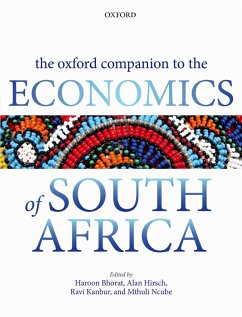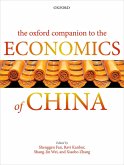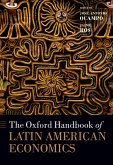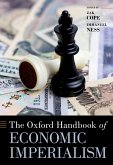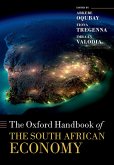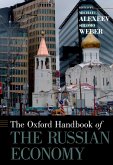In 1994 South Africa saw the end of apartheid. The new era of political freedom was seen as the foundation for economic prosperity and inclusion. The last two decades have seen mixed results. Economic growth has been volatile. While inequalities in public services have been reduced, income inequality has increased, and poverty has remained stagnant. As the twentieth anniversary of the transition to democracy approaches in 2014, the economic policy debates in South Africa are in full flow. They combine a stocktake of the various programs of the last two decades with a forward looking discussion of strategy in the face of an ever open but volatile global economy. Underlying the discourse are basic and often unresolved differences on an appropriate strategy for an economy like South Africa, with a strong natural resource base but with deeply entrenched inherited inequalities, especially across race. This volume contributes to the policy and analytical debate by pulling together perspectives on a range of issues: micro, macro, sectoral, country wide and global, from leading economists working on South Africa. Other than the requirement that it be analytical and not polemical, the contributors were given freedom to put forward their particular perspective on their topic. The economists invited are from within South Africa and from outside; from academia and the policy world; from international and national level economic policy agencies. The contributors include recognized world leaders in South African economic analysis, as well as the very best of the younger crop of economists who are working on the study of South Africa, the next generation of leaders in thought and policy.
Dieser Download kann aus rechtlichen Gründen nur mit Rechnungsadresse in A, B, BG, CY, CZ, D, DK, EW, E, FIN, F, GR, HR, H, IRL, I, LT, L, LR, M, NL, PL, P, R, S, SLO, SK ausgeliefert werden.

